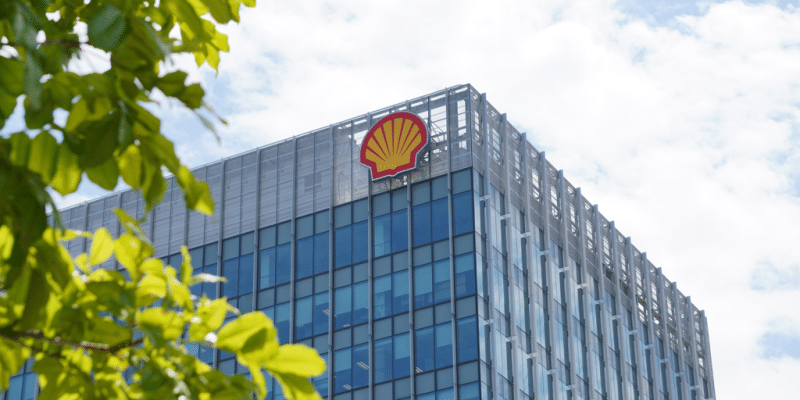Shell is selling off some of its historic activities in Nigeria. In particular, the Anglo-Dutch oil company is leaving the heavily polluted Niger Delta region in favour of a consortium of five companies that are buying its assets for a total of 2.4 billion dollars.
A major player in the global oil industry is pulling out of Nigeria. The Anglo-Dutch company Shell has just announced the sale of its subsidiary Shell Petroleum Development Company of Nigeria (SPDC), which carries out all its onshore and shallow-water operations in the West African country. Its assets have been taken over by Renaissance, a consortium made up of Nigerian companies ND Western, Aradel Energy, First E&P, Waltersmith and Poland’s Petrolin.
The deal is worth $2.4 billion. Completion of the transaction is, however, subject to the approval of the Nigerian federal government “and other conditions”. According to the Anglo-Dutch oil company, “the transaction has been designed to preserve all of SPDC’s operational capabilities following the change of ownership. SPDC staff will continue to be employed by the company during the transition period”, the oil company said in a press release.
Pollution in the Niger Delta
More importantly, “this agreement marks an important step for Shell in Nigeria, in line with our previously announced intention to exit onshore oil production in the Niger Delta, simplify our portfolio and focus our future disciplined investments in Nigeria on our deepwater and integrated gas positions”, explains Zoë Yujnovich, Shell’s Integrated Gas Business Director.
Read also- NIGERIA: Will Shell and ENI finance the clean-up of Bayelsa?
The company is therefore withdrawing from the Niger Delta, the heart of Nigeria’s oil production. According to Benjamin Augé, a researcher at the French Institute of International Relations (IFRI), all the country’s oil and gas production takes place in the Niger Delta region (40% is produced onshore and 60% offshore), which includes the country’s three main oil-producing states: Rivers, Delta and Bayelsa.
Unresolved issues
It is also the most polluted region in the country. Although there are no consistent figures for the amount of crude oil spilled in the Niger Delta, the National Institute of Health (NIH) estimates that 13 million barrels (1.5 million tonnes) of crude oil have been spilled since 1958 as a result of more than 7,000 spills, an annual average of around 240,000 barrels. Among those responsible for this pollution is Shell, which was sentenced by the Dutch courts in 2021 for pollution in the villages of Goi, Ikot Ada Udo and Oruma.
Many questions remain unanswered following the announcement of the sale of Shell’s onshore assets, not least the payment of damages, since Shell’s subsidiary is due to pay compensation to these three villages in south-west Nigeria. In another case in 2020, the Nigerian courts upheld (on appeal) Shell’s conviction in 2010, half a century after an oil spill hit the River State hard. The Nigerian subsidiary of the Anglo-Dutch company will have to pay up to 400 million dollars in compensation to the Ejama-Ebubu community, the main victim of the environmental disaster.
Investment in renewable energy in Nigeria
It is against this backdrop that Shell says it wants to concentrate on “its investments in deepwater positions and integrated gas”. With fossil fuels being called into question around the world, Shell, like other oil companies, is trying as best it can to diversify by also investing in renewable energies. In Nigeria, the oil company will retain its assets in this sector. These include solar energy supplier Daystar Power, which it acquired in 2022.
In this West African country, Shell also owns All On Partnerships for Energy Access, an investment company that finances the deployment of renewable energies. It is also one of the main financial partners in the ambitious Nigeria Electrification Project (NEP), whose strategy is based on autonomous solar systems.
Jean Marie Takouleu





